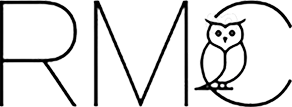Therapeutic Modalities
Therapeutic Modalities and Traditional Treatments
Cognitive Behavioral Therapy
Cognitive Behavioral Therapy (CBT) is a widely used, evidence-based form of psychotherapy that focuses on identifying and changing negative thought patterns and behaviors. By helping individuals recognize distorted thinking and replace it with more realistic and positive thoughts, CBT aims to alter the emotional responses and behaviors associated with various mental health issues, such as depression, anxiety, and PTSD. Through structured sessions, clients learn practical skills and strategies to manage stress, cope with challenging situations, and improve problem-solving abilities. CBT empowers individuals to take an active role in their mental health, fostering long-term resilience and well-being.
Dialectical Behavioral Therapy
Dialectical Behavioral Therapy (DBT) is a specialized form of cognitive-behavioral therapy designed to help individuals manage intense emotions and improve interpersonal relationships. Originally developed for treating borderline personality disorder, DBT combines individual therapy sessions with group skills training. The therapy focuses on four key areas: mindfulness, distress tolerance, emotion regulation, and interpersonal effectiveness. By teaching these skills, DBT helps individuals develop healthier ways to cope with stress, reduce self-destructive behaviors, and build more stable and satisfying relationships. The dialectical approach, which balances acceptance and change, empowers clients to transform negative patterns while accepting their current realities, leading to improved emotional and psychological well-being.
